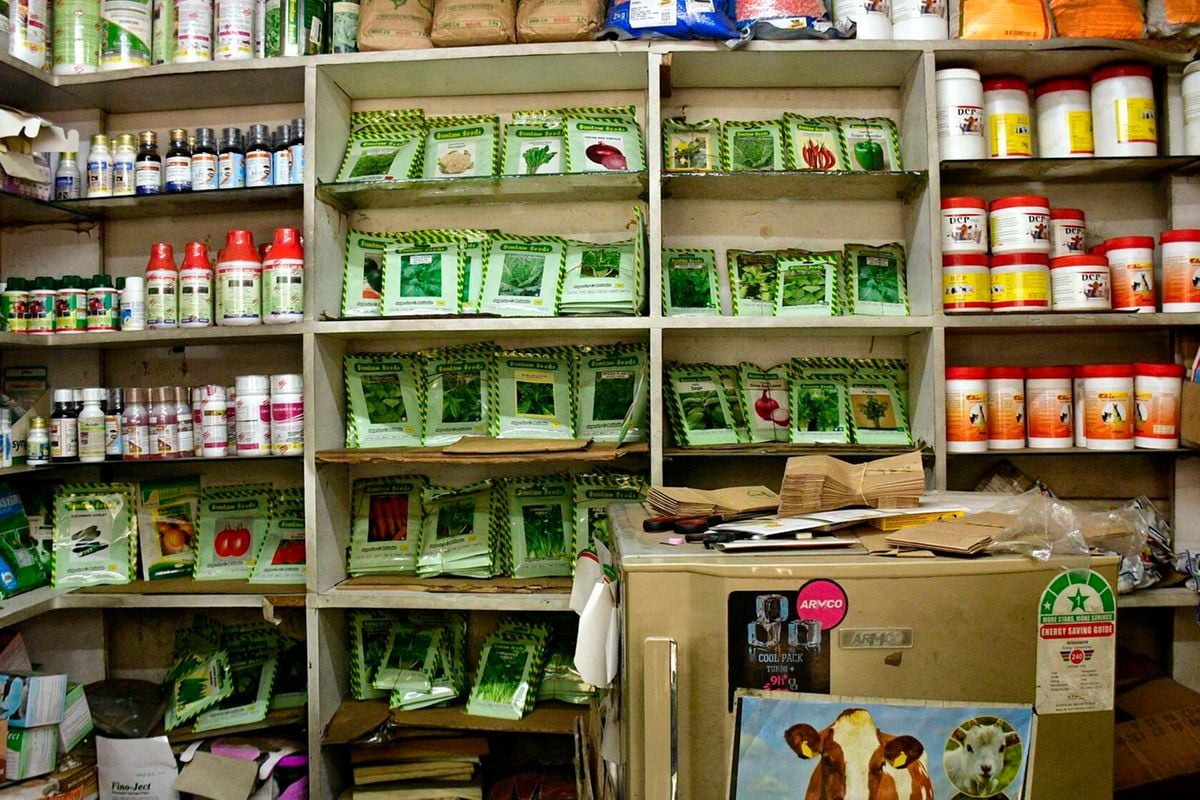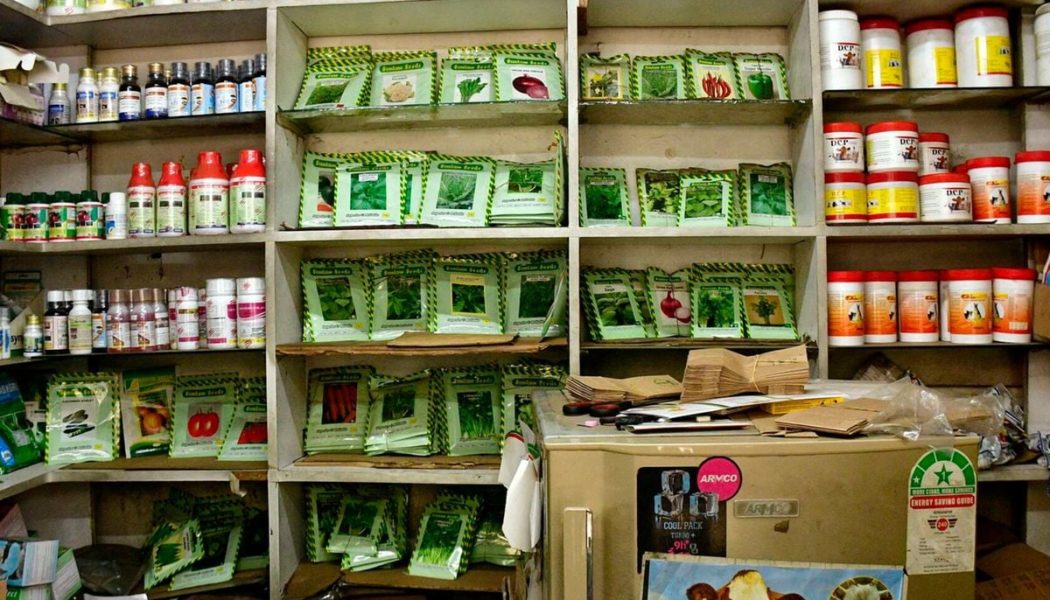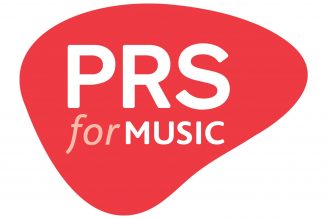
The cost of pesticides will rise in the new fiscal year if Parliament passes the Treasury proposals targeting additional revenues.
Through the draft Finance Bill, 2024, the Treasury has proposed the removal of agricultural pest control products from the list of zero-rated products and putting them on the list of value-added tax (VAT) exempt goods instead.
This means that sellers of pesticides will no longer claim input VAT on their sales, thereby increasing the cost of the products. This will in turn reduce the burden of input VAT claims on the Kenya Revenue Authority.
“The first schedule to the Value-Added Tax Act, in section a, is amended by adding the following new paragraphs immediately after paragraph 147—agricultural pest control products,” said the Bill.
Major blow
Zero rating makes supplies cheaper as tax chargeable is zero while input tax is claimable. Exemption takes away the claim on inputs, making the goods more costly.
The proposal is a major blow to farmers as they will pay more to buy pesticides, which are critical for increasing crop yields.
In Kenya, various types of pesticides include insecticides, fungicides, rodenticides, herbicides, disinfectants and anti-sprouting products are essential for crop protection.
These products are regulated by the Pests Control Products Board, which regulates the safety and quality of pesticides.
The proposal comes despite the Treasury’s pledge that the government will address the prices of farming inputs in a bid to enhance agricultural production to plug the food deficit.
Currently, the government runs a fertiliser subsidy programme, which has helped lower the price of the commodity from sh6,500 per 50-kilogramme bag to sh2,500.
The programme has, however, come under fierce scrutiny in recent months after it emerged that the government was distributing substandard fertiliser to farmers, jeopardising crop yields.









